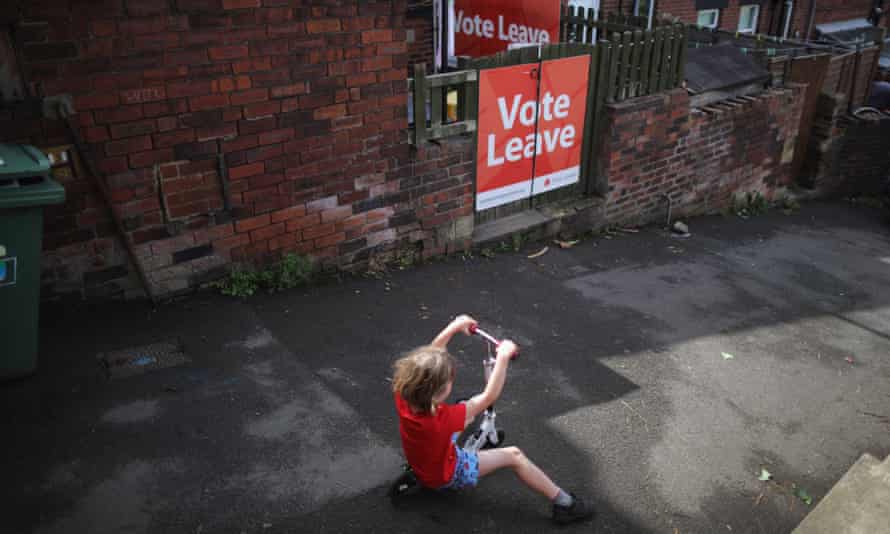Discuss whether governments should consider increasing the regulation and taxation of technology firms which have acquired significant global monopoly power.
he question of whether governments should consider increasing the regulation and taxation of technology firms with significant global monopoly power is a complex one. It involves weighing the potential benefits of increased regulation and taxation against the potential drawbacks and unintended consequences.
There are arguments in favor of increasing regulation and taxation for such firms:
Market Power and Anti-Competitive Practices: Technology firms with significant global monopoly power may use their market dominance to stifle competition and engage in anti-competitive practices. They may limit consumer choice, drive out smaller competitors, and impede innovation. Increased regulation can help ensure a level playing field and promote fair competition.
Consumer Protection: Technology firms often collect and handle vast amounts of user data, raising concerns about privacy and data security. Increased regulation can provide stronger safeguards for consumer data and ensure that technology firms adhere to ethical standards in their operations.
Tax Fairness: Some technology firms have been criticized for using complex structures and loopholes to minimize their tax obligations. Increasing taxation on these firms can help address concerns of tax avoidance and ensure a more equitable distribution of tax burdens across industries.
However, there are also arguments against increasing regulation and taxation:
Innovation and Economic Growth: Technology firms are often at the forefront of innovation and contribute significantly to economic growth. Excessive regulation and taxation may stifle innovation by creating barriers to entry and discouraging investment. It is important to strike a balance between regulation and fostering an environment that encourages innovation and entrepreneurial activity.
International Competitiveness: Technology firms with global reach operate in a highly interconnected and competitive global market. Unilateral regulation and taxation measures by a single country may lead to unintended consequences such as reduced competitiveness and disincentives for firms to operate in that country. International coordination and cooperation are crucial to address global issues related to technology firms.
Potential for Regulatory Capture: Increased regulation may inadvertently lead to regulatory capture, where firms with significant resources influence the regulatory process to their advantage. This can undermine the intended purpose of regulation and perpetuate the dominance of large technology firms.
In conclusion, the issue of increasing regulation and taxation of technology firms with global monopoly power requires careful consideration. While there are valid concerns regarding market power, consumer protection, and tax fairness, it is essential to strike a balance that promotes competition, innovation, and economic growth. International cooperation and a comprehensive approach are necessary to address the challenges posed by these firms effectively.

